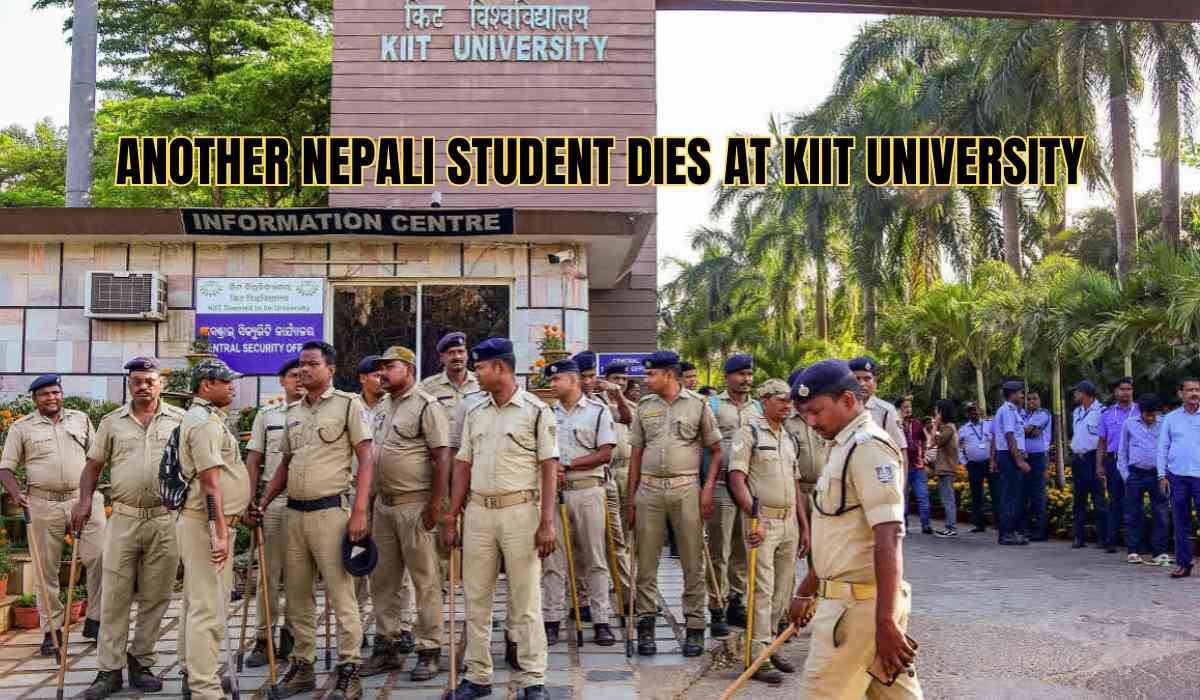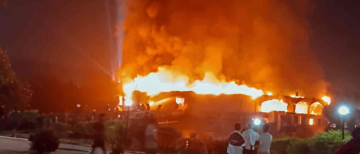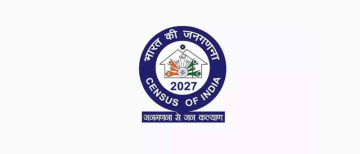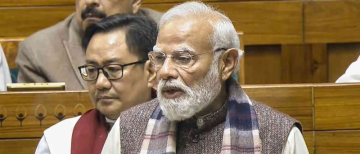The tragic death of 18-year-old Nepali student Prisha Sah at the Kalinga Institute of Industrial Technology (KIIT) in Bhubaneswar, Odisha, has prompted an outpouring of grief and a call for a comprehensive investigation from both the Nepalese government and Indian authorities. The student was found hanging from a ceiling fan in her hostel room on Thursday evening, leading to widespread concerns and renewed diplomatic coordination between Nepal and India.
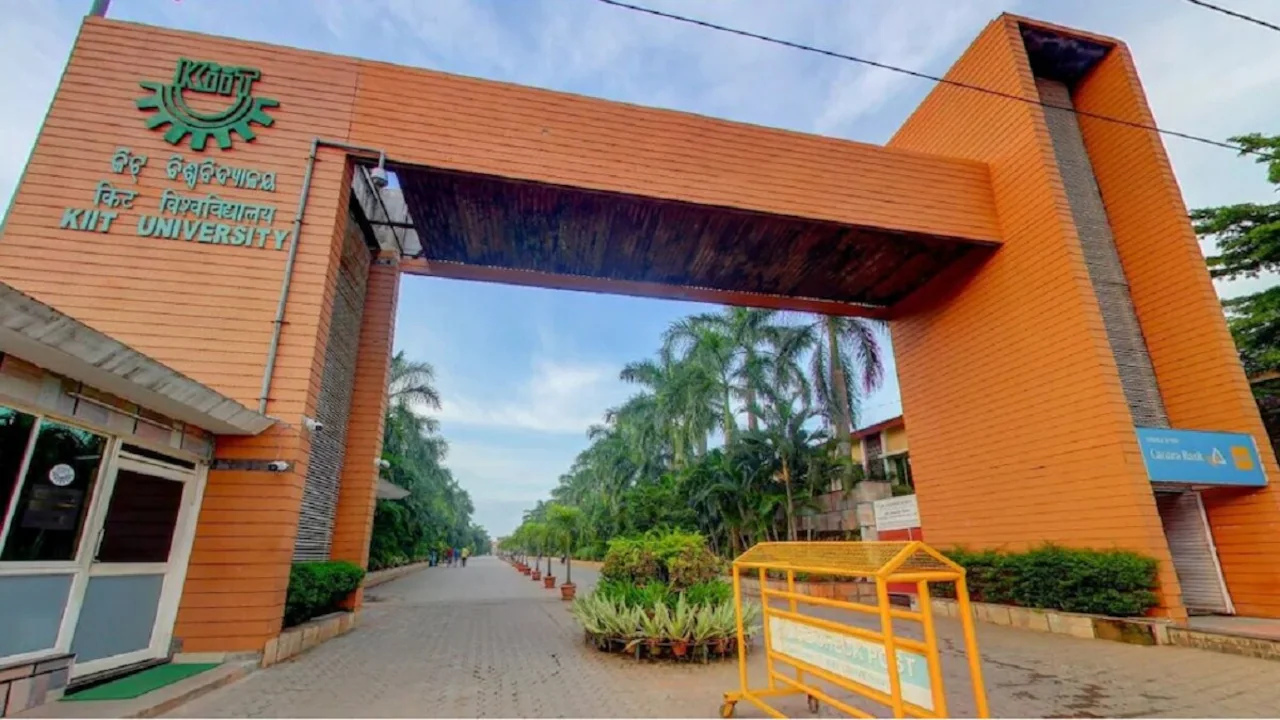
Discovery of the Incident and Immediate Response
On Thursday evening, police recovered the body of Prisha Sah, a first-year B.Tech Computer Science student hailing from Birgunj, Nepal, from her hostel room inside the KIIT campus. According to Bhubaneswar-Cuttack Police Commissioner Suresh Dev Datta Singh, the police were alerted after the student failed to respond during the evening attendance. Upon entering her room, she was found in a hanging position.
“Yes, the body of a girl from Nepal has been recovered. It seems that she has committed suicide at the ladies' hostel of KIIT,” Singh told PTI.
The police confirmed no suicide note was found, and an unnatural death case has been registered. Her body was sent to AIIMS for post-mortem. Friends and acquaintances are being questioned to gather more information about the circumstances leading to her death.
Nepal’s Diplomatic Intervention and Calls for Justice
The Government of Nepal has expressed deep sorrow over the death and is actively engaging with Indian authorities for a thorough investigation. Nepal’s Foreign Minister Arzu Rana Deuba shared her condolences on social media platform X:
“The incident of a Nepali student studying at KIIT University in Odisha, India, being found dead in her hostel room has left us deeply saddened. I pray for the eternal peace of Prisa's soul and express my deepest condolences to her family at this sad hour.”
“Discussions are ongoing with the Government of India and the Government of Odisha,” she added.
The Nepal Embassy in India confirmed that it is coordinating with India’s Ministry of External Affairs (MEA), the Odisha government, police, and university authorities to ensure a fair and transparent probe.
Shankar P Sharma, Nepal’s Ambassador to India, also expressed his grief and emphasized the ongoing diplomatic coordination.
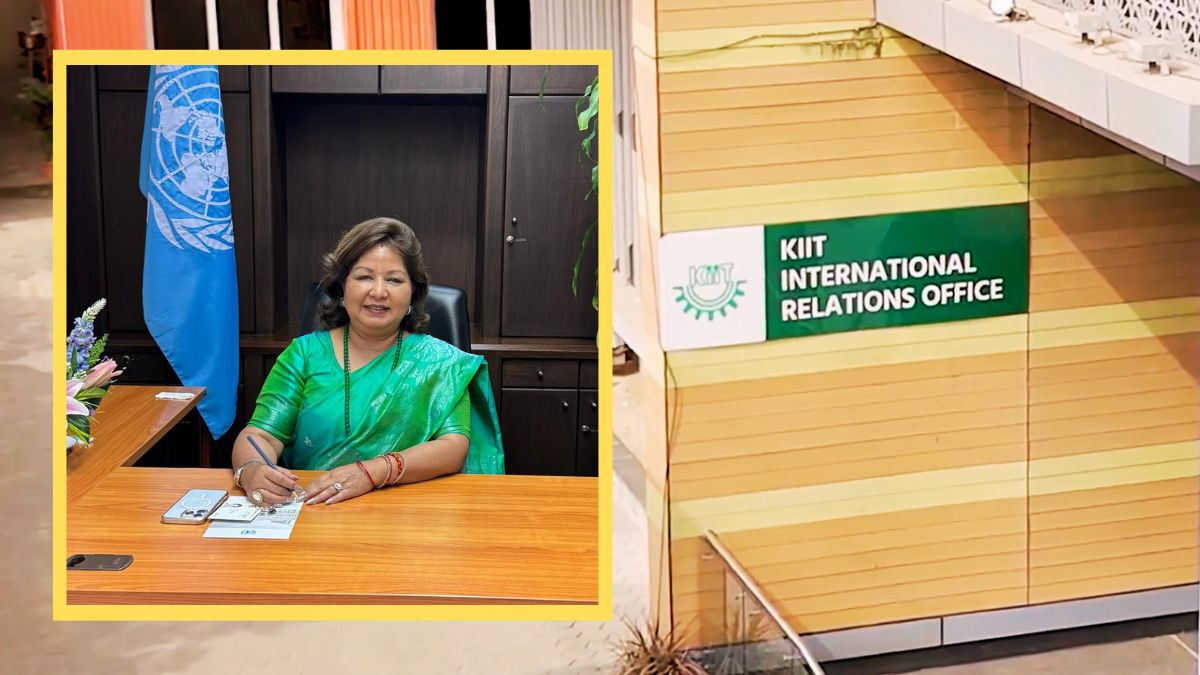
Indian Authorities Initiate Multi-Level Investigation
Indian authorities responded swiftly to the incident:
-
The Odisha State Government conveyed condolences to Prisha’s family and pledged full support during the investigation.
-
Senior officials, including the Commissioner of Police and Revenue Divisional Commissioner, visited the hostel to examine the circumstances surrounding the death.
-
A scientific forensic team was dispatched to collect evidence from the scene.
-
The university authorities immediately informed the student’s parents upon discovery of the incident.
“The State Government extends its support to the family of the deceased and offers its condolences to them,” said the state’s Information and Public Relations Department.

Previous Incident Raises Alarm: Pattern of Neglect?
The current tragedy is not an isolated incident at KIIT. In February 2025, another Nepali student, a 20-year-old also studying computer science, died by suicide inside the hostel. This earlier case triggered significant unrest among the Nepali student community.
Key Events from the February 2025 Case:
-
The deceased student had reportedly been sexually harassed and blackmailed by a fellow student.
-
Complaints were allegedly ignored by the university’s International Relations Office.
-
The accused student, Advik Shrivastava, was arrested by police at Bhubaneswar airport on February 17 while attempting to flee.
-
The incident caused a diplomatic stir, with over 1,000 Nepali students being asked to vacate the campus, which prompted intervention from India’s External Affairs Ministry.
-
The National Human Rights Commission (NHRC) conducted a probe and held the university responsible, citing violations of the student's right to equality and right to live with dignity.
“The inaction by the university authorities contributed significantly to the sequence of events that led to her death,” the NHRC concluded.
Additionally, the Odisha government had formed a high-powered committee led by the Additional Chief Secretary (Home) to investigate allegations of misconduct and use of force by KIIT officials during the crisis. As of now, the committee’s report remains pending.
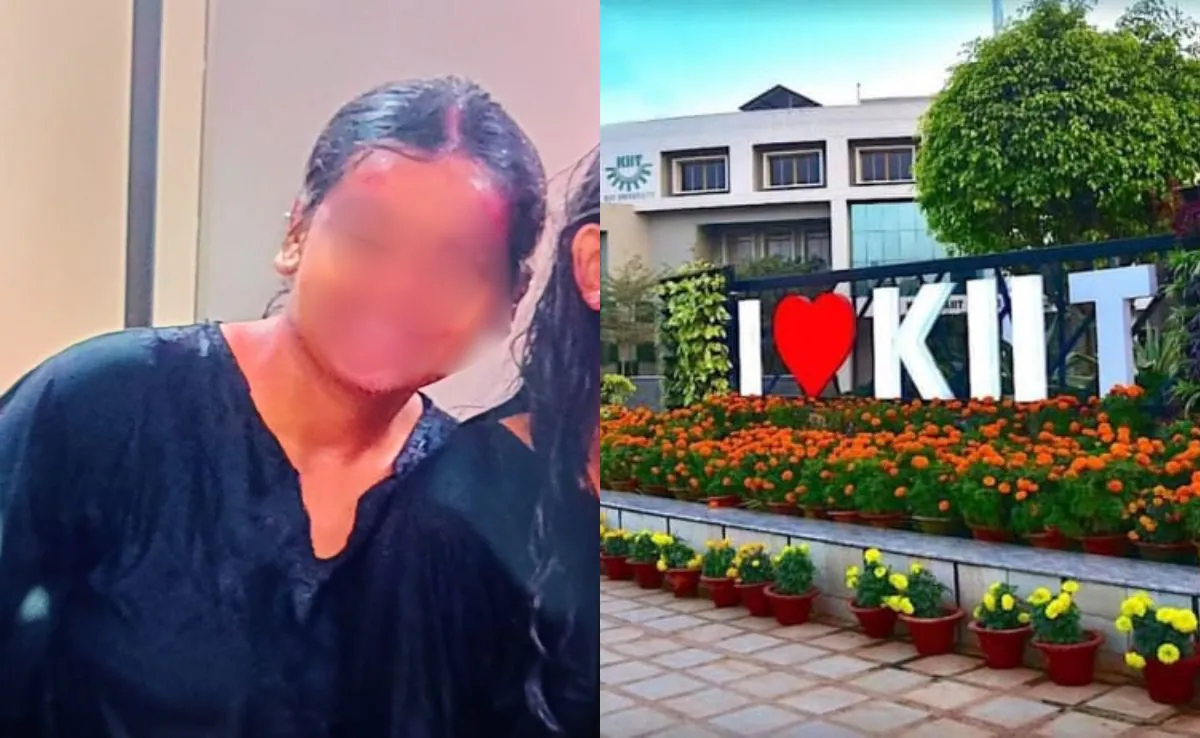
A Pattern of Concerns at KIIT?
With two deaths of Nepali students at the same university within just three months, concerns about student safety, mental health, and institutional accountability have escalated. The university has faced criticism for its handling of sensitive complaints and its perceived failure to act on early warnings from students.
The tragic demise of Prisha Sah has now reignited these concerns, compelling both governments to intervene more decisively. Investigative teams continue to work closely with university officials to uncover the full truth, while forensic results and questioning of close associates are expected to provide critical leads.
The death of Prisha Sah has not only caused immense grief to her family and peers but also raised serious questions about the safety and treatment of international students at Indian universities. The active involvement of both the Nepalese and Indian governments, alongside thorough police investigation and forensic examination, underscores the gravity of the situation.
As the probe continues, many await answers—not just about what happened in Prisha’s final moments—but also about systemic reforms needed to ensure the safety, dignity, and well-being of all students on campus, regardless of nationality.
With inputs from agencies
Image Source: Multiple agencies
© Copyright 2025. All Rights Reserved Powered by Vygr Media.

